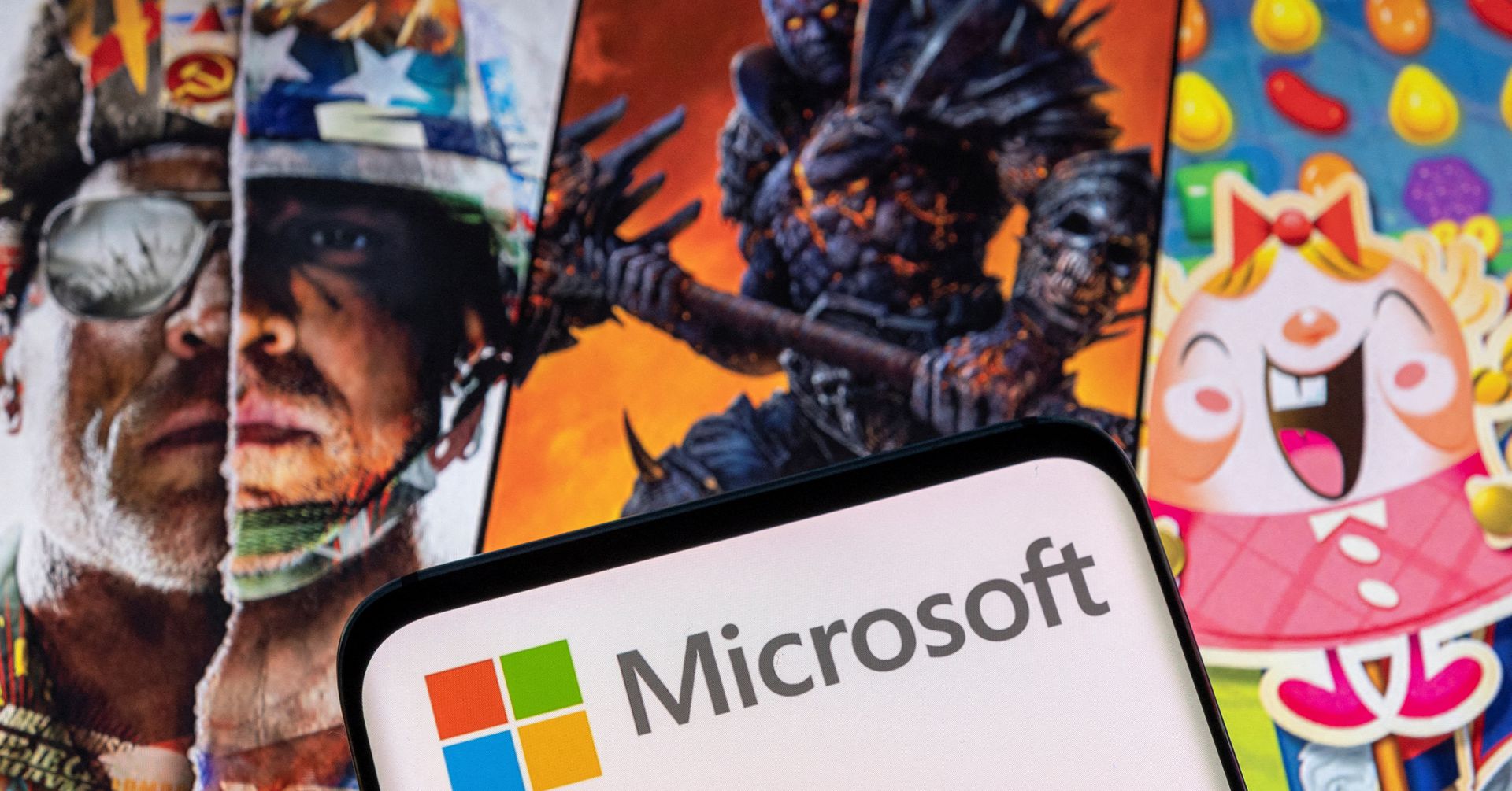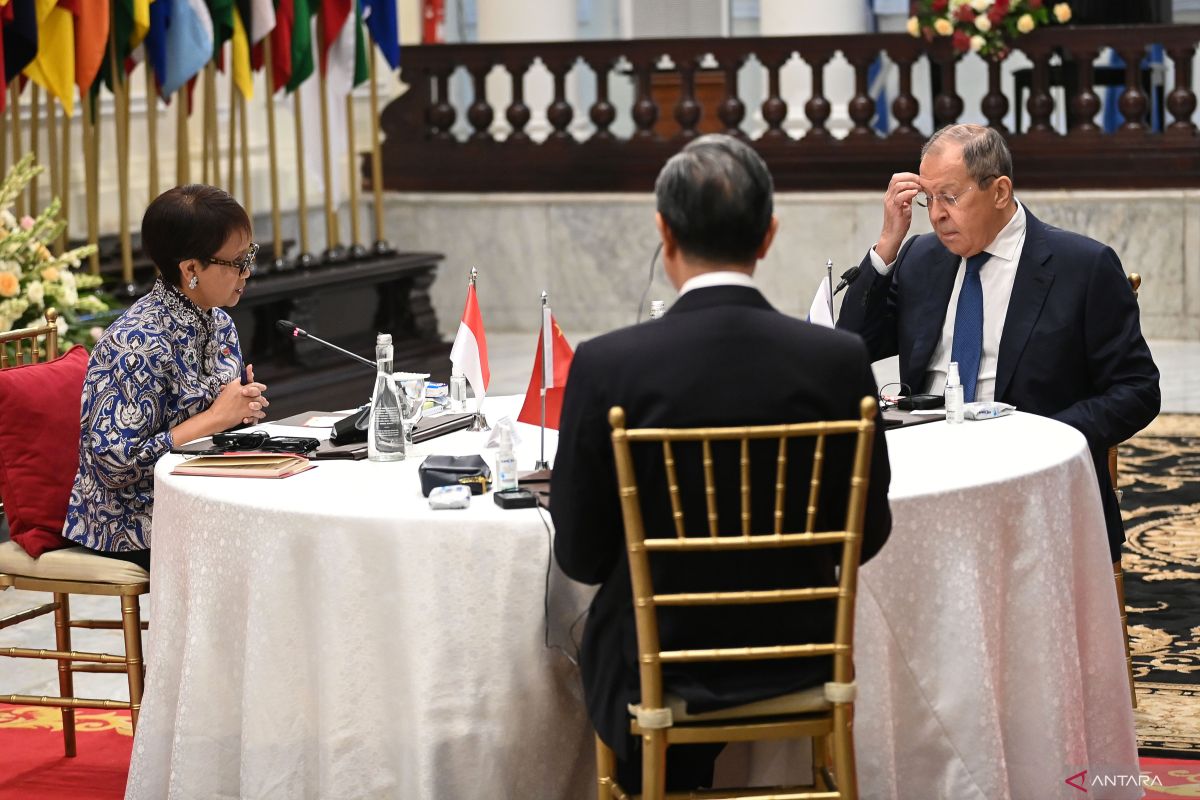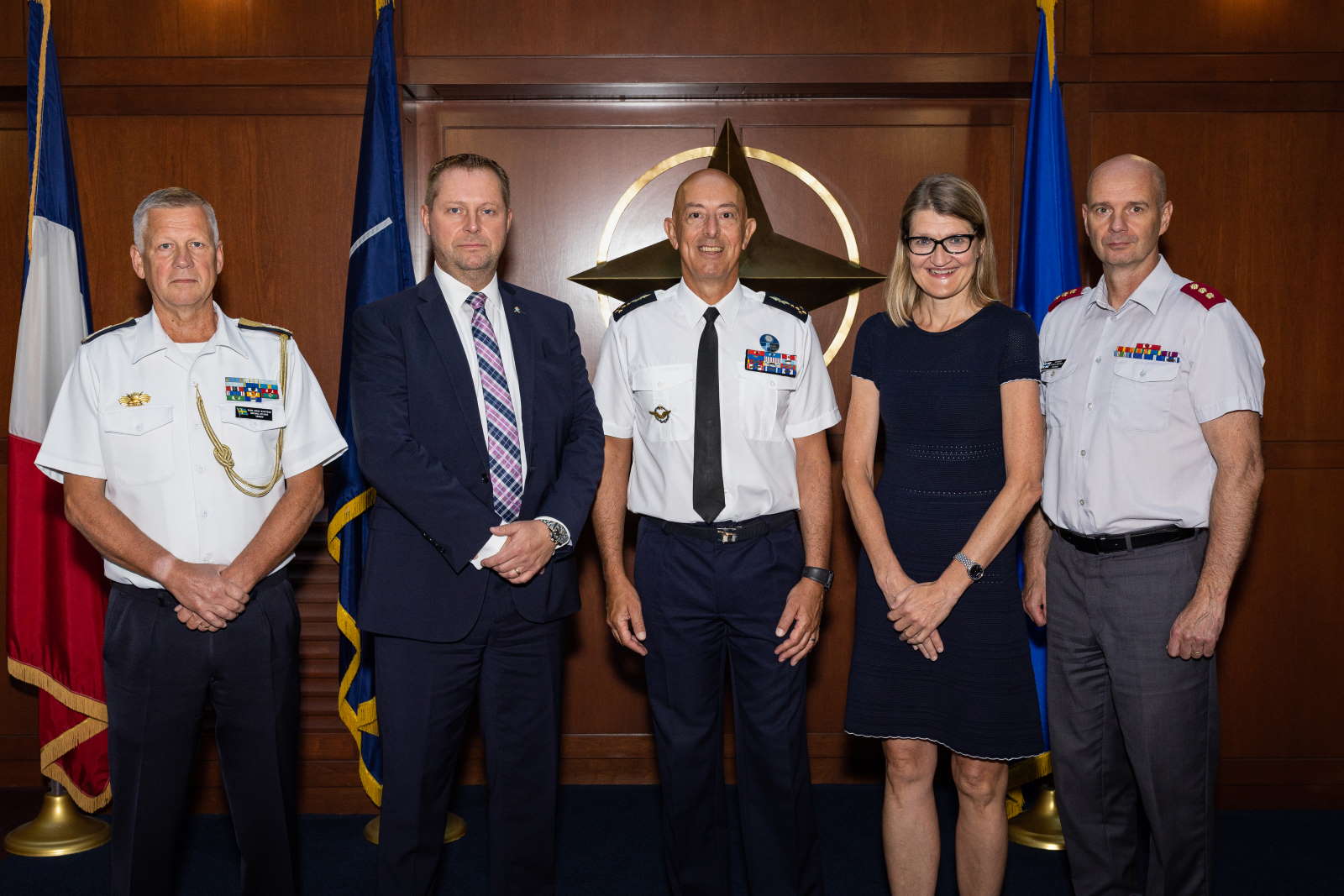The FTC's Appeal: Future Of The Microsoft-Activision Merger

Table of Contents
The FTC's Antitrust Concerns and Arguments
The Federal Trade Commission (FTC) launched an antitrust lawsuit to block the Microsoft-Activision merger, citing concerns about the potential for anti-competitive practices. Their primary argument revolves around the impact on the competitive balance within the gaming industry, particularly focusing on the immensely popular Call of Duty franchise.
The FTC argues that Microsoft's acquisition of Activision Blizzard, the creator of Call of Duty, would give Microsoft an unfair advantage. This could potentially lead to:
- Reduced competition among console manufacturers: By owning Call of Duty, Microsoft could make the game exclusive to its Xbox console, harming competitors like Sony PlayStation and Nintendo Switch.
- Stifling innovation in the gaming industry: A dominant market position could discourage innovation and limit consumer choice.
- Potential for higher game prices: Reduced competition could allow Microsoft to increase prices for Call of Duty and other Activision Blizzard games.
- Anti-competitive practices: The FTC alleges that the merger would allow Microsoft to engage in anti-competitive practices, such as bundling Call of Duty with Xbox subscriptions to lock in consumers.
Microsoft's Defense and Counterarguments
Microsoft vehemently denies the FTC's claims, arguing that the gaming market is highly competitive and that the merger would benefit consumers. They have made several key commitments to counter the FTC's concerns:
- Commitment to cross-platform availability of Call of Duty: Microsoft has publicly committed to keeping Call of Duty available on PlayStation, Nintendo Switch, and other platforms, ensuring continued access for a wide range of gamers.
- Investment in game development and innovation: Microsoft insists the merger will stimulate further investment in game development, leading to more innovative and high-quality games for consumers.
- Benefits to gamers through wider access to games: They contend the merger will expand access to a wider range of Activision Blizzard games, benefiting gamers across various platforms.
- Claims of a highly competitive gaming market: Microsoft argues the gaming market is already highly competitive, with numerous established players and emerging competitors.
The Appeal Process and Potential Outcomes
The FTC's appeal will go through a rigorous legal process, including evidence presentations, legal arguments, and judicial review. Several potential outcomes exist:
- Approval of the merger: The court could rule in favor of Microsoft, allowing the merger to proceed without modifications.
- Rejection of the merger: The court could block the merger entirely, leaving the deal null and void.
- Modifications to the merger: The court could approve the merger with certain conditions, such as requiring Microsoft to divest specific assets or make further commitments regarding Call of Duty's cross-platform availability.
The timeline for the appeal process is uncertain, but the decision will likely significantly influence the future of large-scale mergers in the gaming industry and serve as a precedent for future antitrust cases. Previous antitrust cases, particularly those involving other tech giants, will undoubtedly play a role in shaping the court's decision.
Impact on the Gaming Industry and Consumers
The Microsoft-Activision merger’s success or failure will profoundly impact the gaming industry and its consumers. Potential short-term and long-term effects include:
- Potential price changes for games: The merger could potentially lead to price increases or decreases, depending on the outcome of the appeal and any subsequent market adjustments.
- Impact on game development and innovation: The merger could either stifle or stimulate game development and innovation, depending on Microsoft's actions and the competitive landscape.
- Consumer choice and access to games: Consumers’ access to and choice of games could be affected, particularly concerning the availability of Call of Duty on various platforms.
- The future landscape of the console gaming market: The outcome will significantly influence the competitive dynamics within the console gaming market, potentially impacting market share and the overall gaming experience.
Conclusion: The Future of the Microsoft-Activision Merger After the FTC's Appeal
The FTC's appeal against the Microsoft-Activision merger highlights crucial concerns regarding antitrust and the future of the gaming industry. Microsoft's counterarguments focus on the benefits of increased investment and cross-platform accessibility. The potential outcomes – approval, rejection, or modification – each carry significant implications for the companies involved and the broader gaming ecosystem. This landmark case will undoubtedly shape future regulatory approaches towards large-scale mergers in the tech industry. Stay tuned for updates on the Microsoft-Activision merger and the FTC's appeal as this landmark case shapes the future of the gaming industry. Follow our blog for further analysis of the Microsoft-Activision merger and its implications.

Featured Posts
-
 Live Stock Market Updates Dow Futures Dollar And Trade Worries
Apr 22, 2025
Live Stock Market Updates Dow Futures Dollar And Trade Worries
Apr 22, 2025 -
 Chronology Of The Karen Read Murder Case From Arrest To Verdict
Apr 22, 2025
Chronology Of The Karen Read Murder Case From Arrest To Verdict
Apr 22, 2025 -
 China And Indonesia Deepen Security Ties Through High Level Talks
Apr 22, 2025
China And Indonesia Deepen Security Ties Through High Level Talks
Apr 22, 2025 -
 Sweden And Finlands Military Integration A Pan Nordic Defense Strategy
Apr 22, 2025
Sweden And Finlands Military Integration A Pan Nordic Defense Strategy
Apr 22, 2025 -
 Wildfire Speculation Is Betting On The Los Angeles Fires A New Normal
Apr 22, 2025
Wildfire Speculation Is Betting On The Los Angeles Fires A New Normal
Apr 22, 2025
